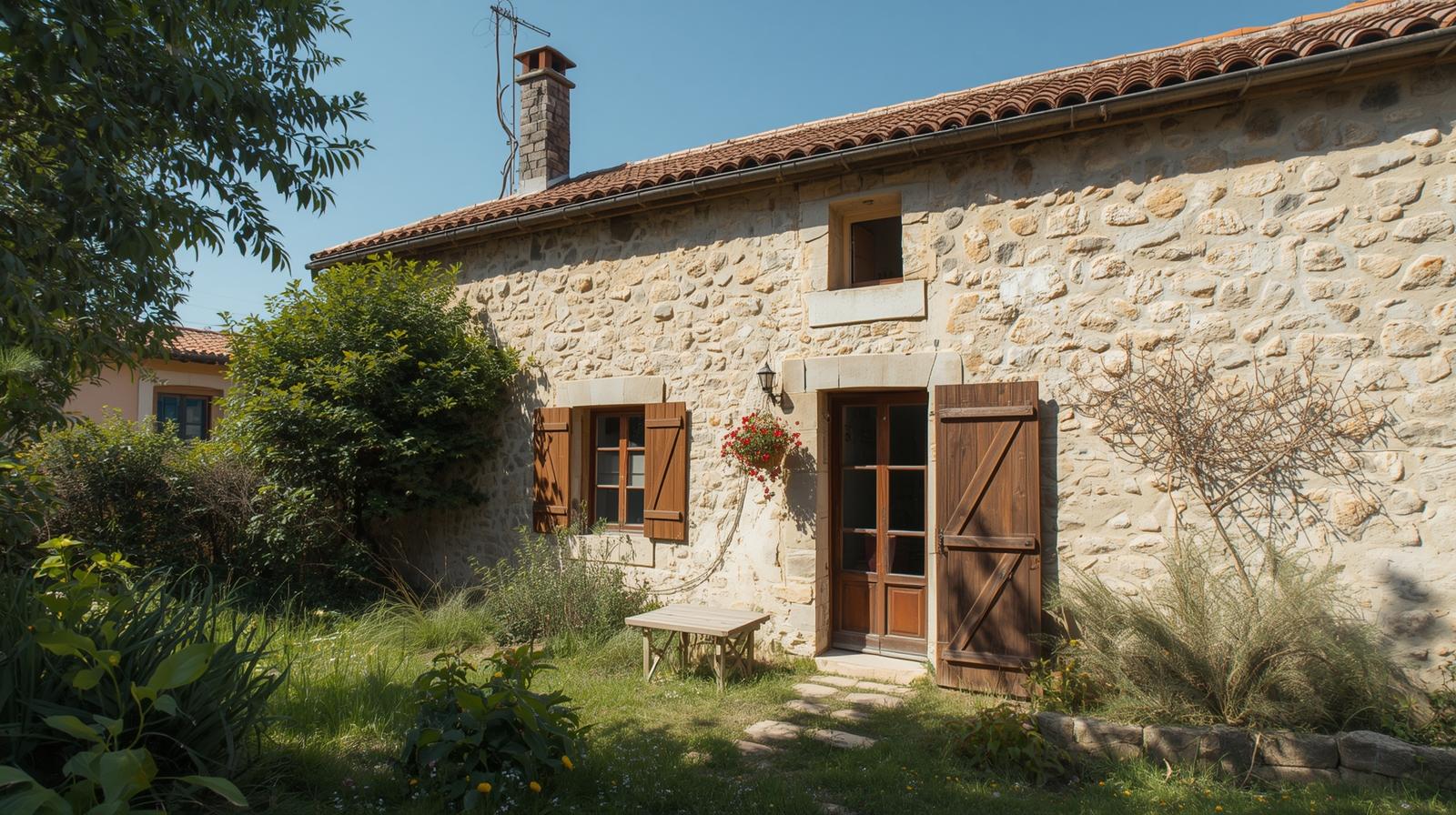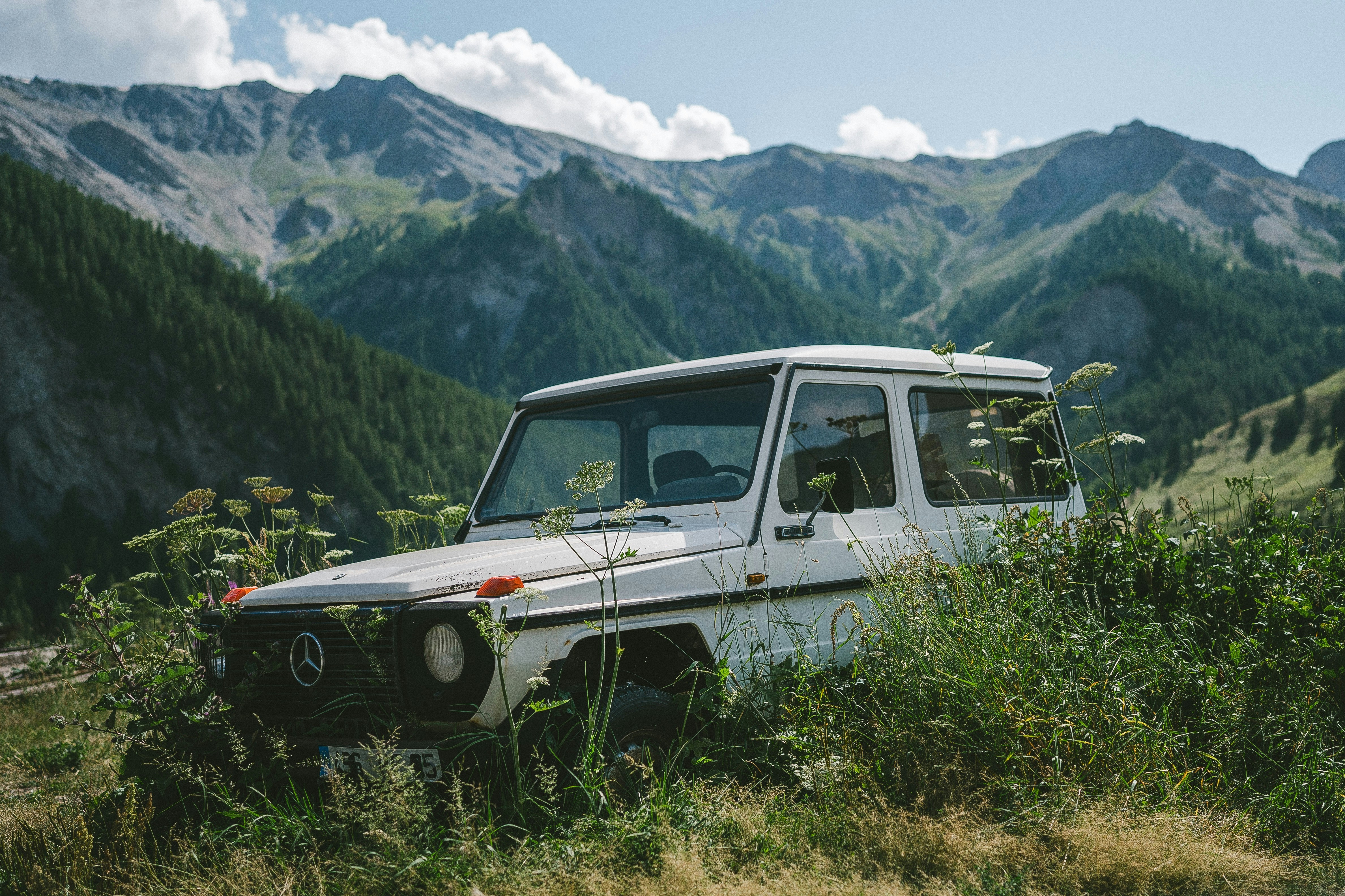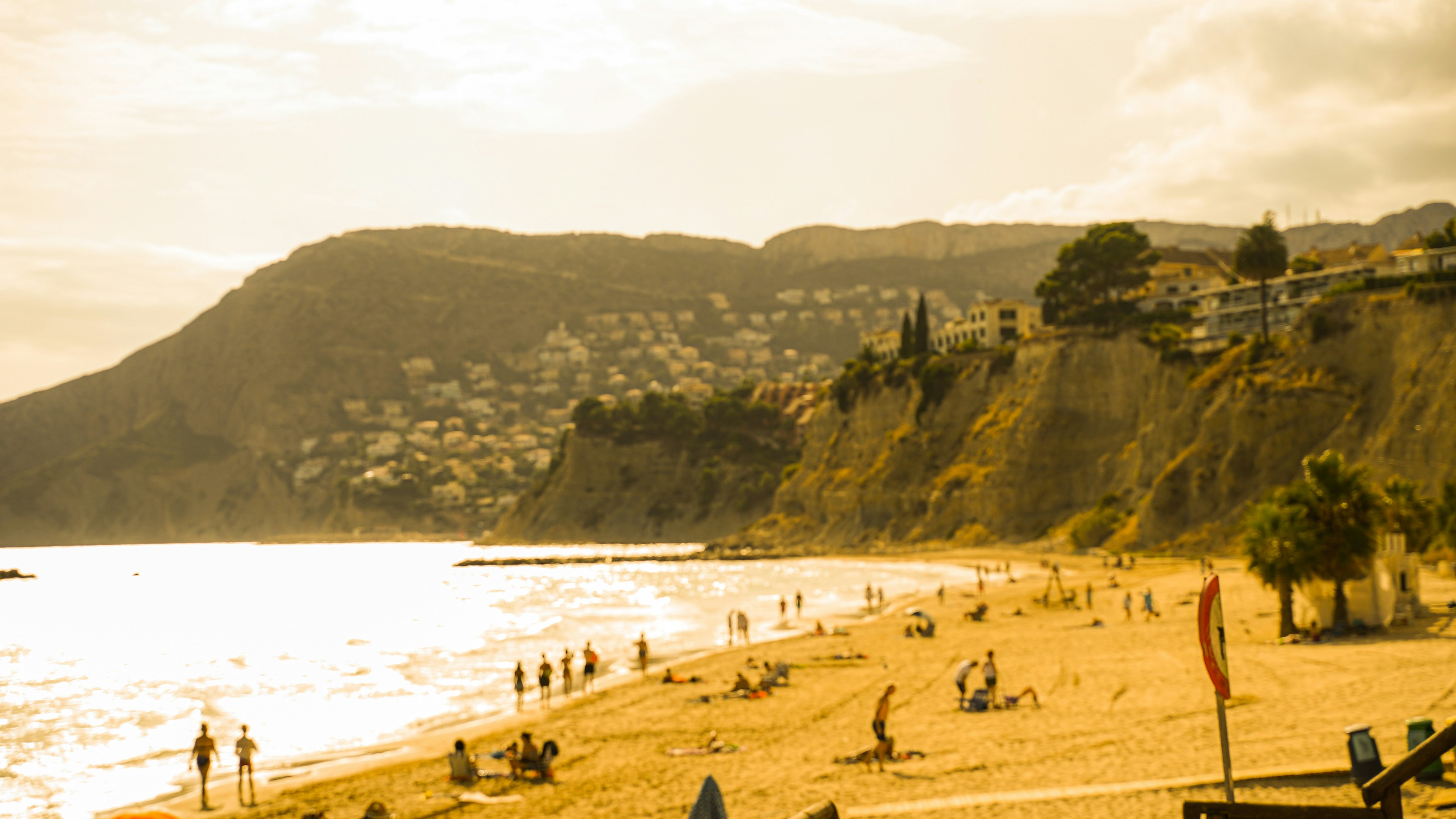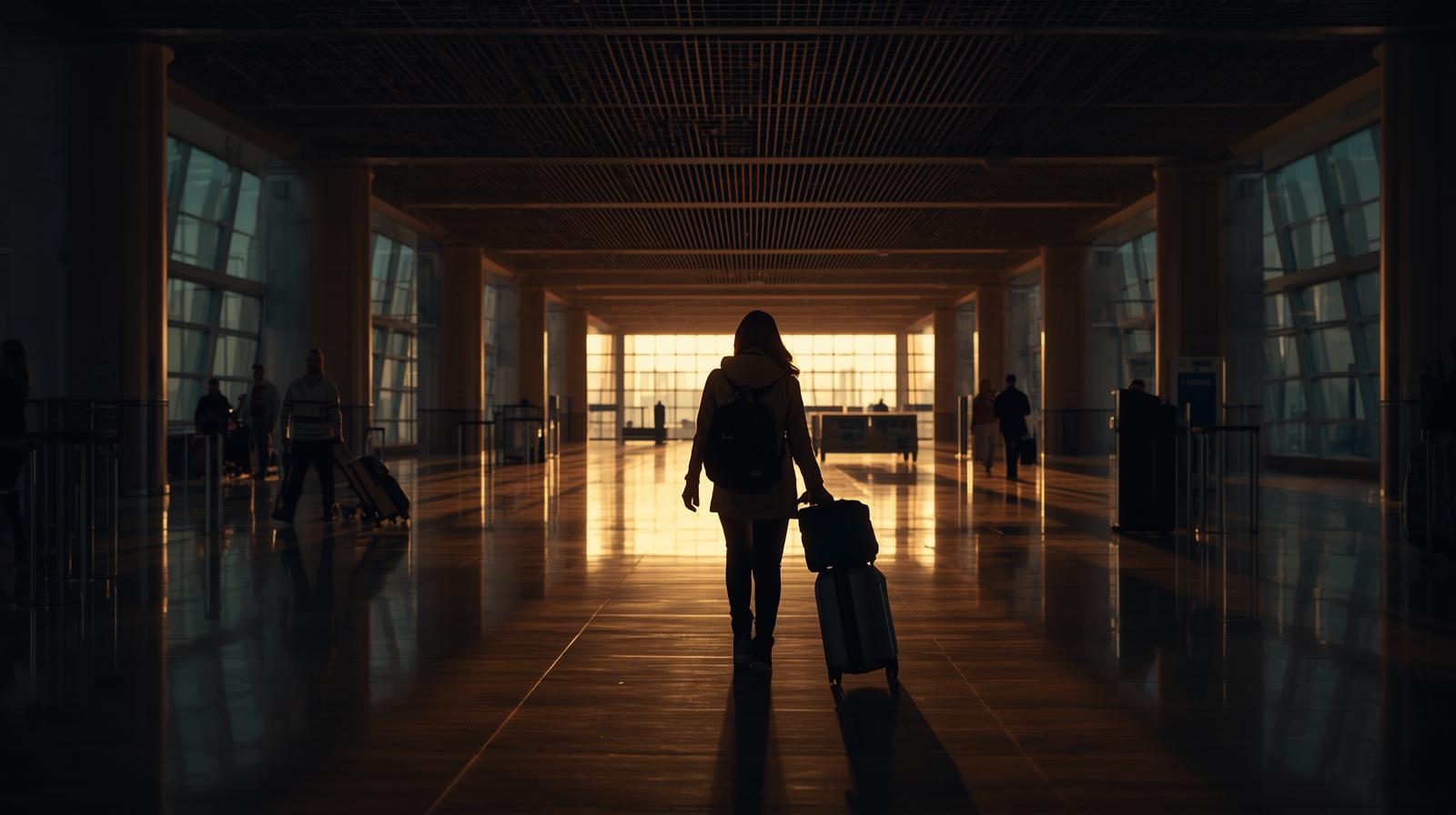
When you first hear about people picking up houses abroad for under £10,000, it sounds too good to be true. In some cases, it is. But in many parts of Europe and even rural Latin America, there are towns and villages where property prices and mortgage rates are so low that a small UK deposit could buy you the whole house!
The challenge is separating the real opportunities from the glossy sales pitches that don’t tell the full story, so let’s get into the details throughout this blog
Yes, but context matters. A budget of ten thousand pounds will not get you a new-build apartment overlooking a beach in Spain. What it might get you is something like:
A survey by Eurostat showed that Bulgaria remains one of the lowest-cost housing markets in Europe, with prices well below the EU average (Eurostat). This is why you’ll often hear about Bulgarian properties when people discuss bargain overseas property.
That said, Bulgaria isn’t the only place where you can find such deals! Portugal and certain regions in Turkey also have properties matching this price range, particularly inland and away from tourist hubs.
Think about what matters most to you:
Do you want a quiet village with a large garden and fruit trees, or a town with plenty of shops and transport links?
Are you looking for a house ready to move into, or are you open to restoring something more traditional with a terrace or extra outbuildings?
Coastal properties, even modest ones, will usually cost more than properties in mountain or inland areas.
For example, many Bulgarian villages offer two-storey stone houses for under £10k, often with a garden area big enough to grow vegetables or plant fruit trees. In Romania, you’ll find similar styles, while parts of rural Portugal or northern Greece might offer small apartments in towns where populations have declined.
When you see listings online, just confirm that the property is genuinely located where the ad claims, and check whether services like water and electricity are connected. Some sales will include only the land or shell of a building.
What kind of properties can you expect to find?
Often older, with basic kitchens and bathrooms, but plenty of space. Many have garden areas and sometimes a garage.
Parcels of land, sometimes with outbuildings, where you could build later (though planning laws vary).
Especially in towns with declining populations. Basic, but sometimes located near shops or even a river or bus route.
Rare, but occasionally developers in less popular regions list new properties or apartments at low cost to attract international buyers.
Finding a house for under £10k is one thing, but owning it is another. You’ll need to verify whether the property has outstanding taxes or requires immediate renovation, for instance.
Hiring a solicitor who understands both UK and local law is essential to navigate the process – our team at Upscore can be invaluable during this process as we’ll connect you with local lenders for free!
A low-cost property will almost always need work. A roof repair in Bulgaria, for instance, might cost as much as the house itself.
You will likely need to visit the property at least once before committing. Walking around the town or village, seeing if shops or health services are nearby, gives a clearer picture than photos online.
See your most likely options:
Practically the poster child for cheap homes. Entire two-storey houses with large garden plots can be found in villages outside major cities.
Similar to Bulgaria, with stone houses and land at very low prices, especially in rural regions.
The famous “€1 houses” schemes in certain towns have made headlines, but in practice, you know you have renovation costs to commit to. Even outside these schemes, small houses under £10k exist in southern regions.
Inland areas sometimes feature older houses or small apartments at this level.
Rural areas, especially away from the beach and tourist zones, may occasionally list homes under £10k.
One of the biggest risks is buying a property only to discover later that it isn’t legally recognised or has multiple owners. Before sending money, always:
Remember that if the property seems unbelievably cheap, there’s often a reason. It may be located far from essential services or situated in a region with a declining population. That’s not always a dealbreaker, but you want to be realistic here.
The process varies by country, but a rough outline is:
In Bulgaria, for example, once you confirm all details, the sale is notarised locally. In Italy, if you’re buying through the €1 house schemes, you’ll sign agreements to carry out renovations within a set time. In Portugal, contracts often include clauses about future building rights on the land.
The whole process is much less standardised than in the UK. It’s your job to verify each step rather than assume everything works the same way.
It depends on your goals. If you want a holiday retreat near a beach with modern services, £10k won’t get you there.
But if you’re interested in trying life in a rural village, restoring a two-storey house with a garden area, or simply holding a cheap asset in another region, then these opportunities can be worthwhile.
Many buyers from the UK treat them as side projects rather than main homes. A house situated in rural Bulgaria might cost £7,000, but renovating it to a comfortable standard could cost £15,000-20,000. But that still puts the total price well below what you’d pay for even a modest UK garage!
If you’re interested in keeping all that paperwork and property research organised, do check out Upscore’s Finance Passport! It lets you store your documents and shop around multiple lenders abroad for free.

If you’ve recently moved to France or are planning a move, you’ll find car ownership here definitely has a bit...
Read More

Spain actually boasts more Blue Flag beaches than any other country in the world – 642 at the last count...
Read More

Weighing up the idea of moving to the United Arab Emirates? Maybe Dubai, maybe Abu Dhabi, or one of the...
Read More